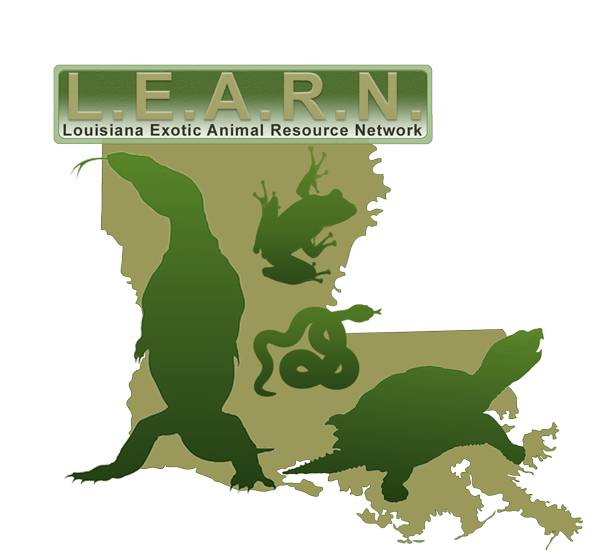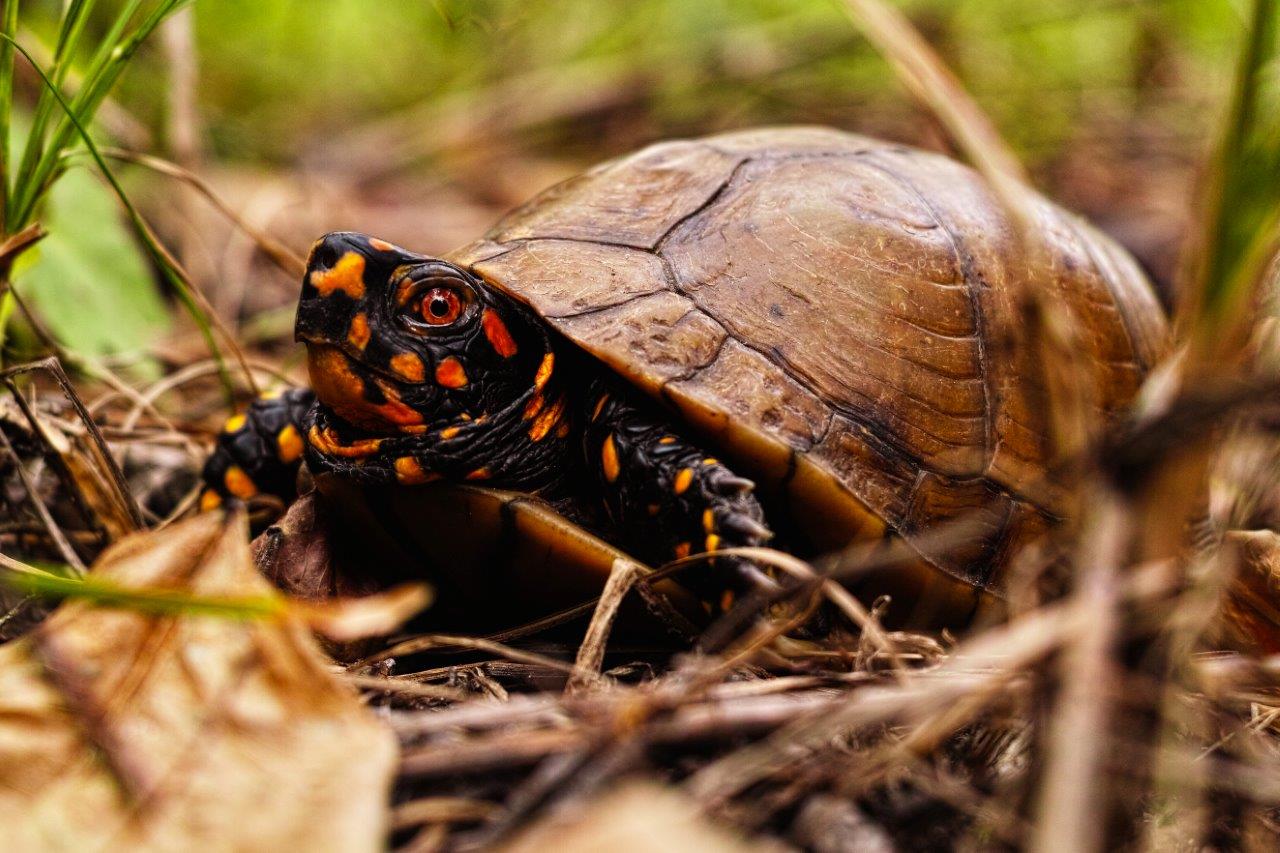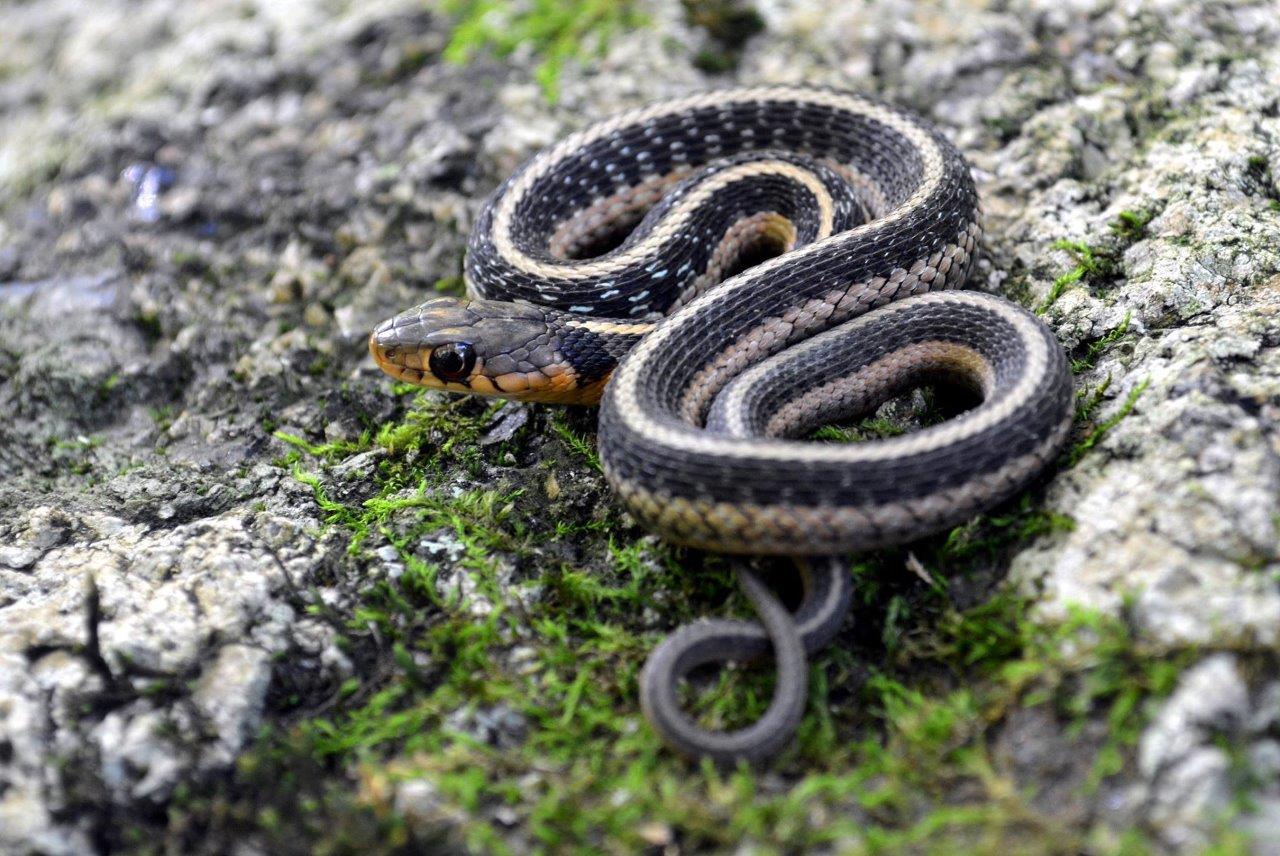
Louisiana Exotic Animal Resource Network
Rescue Locally. Educate Globally.

Often, the decision is affected by what organizations are active in your area, what organisms you have an affinity for, or even which programs your friends belong to. If you are open to suggestions, Master Naturalist Programs are worth consideration. Associations are often autonomous, so goals and procedures may vary; but the thrust of the Associations are the same.
Master Naturalist Programs are grassroots organizations that exist to assist the public to a better understanding of the natural world and to promote the conservation and preservation of native plant and animal life and habitats. Candidates attend workshops on an array of topics regarding the ecosystem with a focus on local indigenous flora and fauna. Once an applicant has completed the required training and any testing, they become Master Naturalists. They are then often tasked with continuing their education and logging a certain number of volunteer hours annually with organizations working to preserve natural heritage. In other words, Master Naturalist Programs help a variety of conservation efforts by training people to be more knowledgeable volunteers in their community. Those who have been through locally-oriented training are better prepared to be a part of Conservation Through Education efforts in their areas.
"I have had the opportunity to get a sneak peek at this book and it is really fabulous. The author, Micha Petty has done an exceptional job truly creating a primer. I can't wait to add it to my bookshelf!" —Dr. Lori Neuman-Lee, Assistant Professor of Biological Sciences, Arkansas State University
Download it FREE or BUY A COPY!
All proceeds help the critters!!
If there is already an Association near you, consider attending a meeting or just go ahead and sign up for the training. One evening you may learn about insects and spiders in a classroom environment, and then that weekend get outdoors and try to identify various insects you encounter. Another workshop may be about reptiles and amphibians, another about birds, and yet another about trees and shrubs or wildflowers or fungi. If you enjoy learning about the environment and the organisms in it, the program will likely be enjoyable for its own sake. The fellowship of others in your community who are also interested in nature is a good reason for many to look forward to each workshop as well.
If there is no Association where you live, then consider starting one! Every Association out there began by someone deciding to get a ball rolling. Your Association may (or may not) elect to partner with an entity who can offer guidance, instructors, or funding. Examples might be state universities or extension services, wildlife agencies, other conservation-oriented non-profits, etc. You could meet at a college or nature center classroom during off-hours. There are no hard and fast rules. The idea is to get experts and novices together for the sharing of knowledge and to inspire people in your community to take a more active role in conserving and preserving their natural heritage. Make sure and design as comprehensive a program as you are able, drawing from local experts and gearing towards what makes your area unique. If you are in the U.S., reach out to the Alliance of Natural Resource Outreach and Service Programs (ANSROP) for assistance in locating or starting an Association. If you are in another country, still think about starting one! You’re welcome to reach out to existing Associations in the U.S. for guidance.
Master Naturalist Programs are not the only thing you can get involved in. However, please consider getting involved with some organization that is working to preserve biodiversity. There is strength in numbers, and the critters we share this planet with need people to be taking part now. Don’t wait until tomorrow; the situation is already serious enough.
